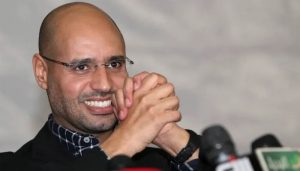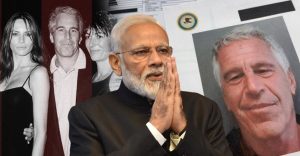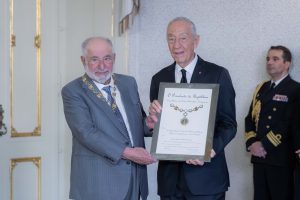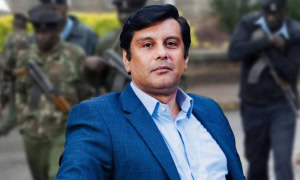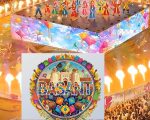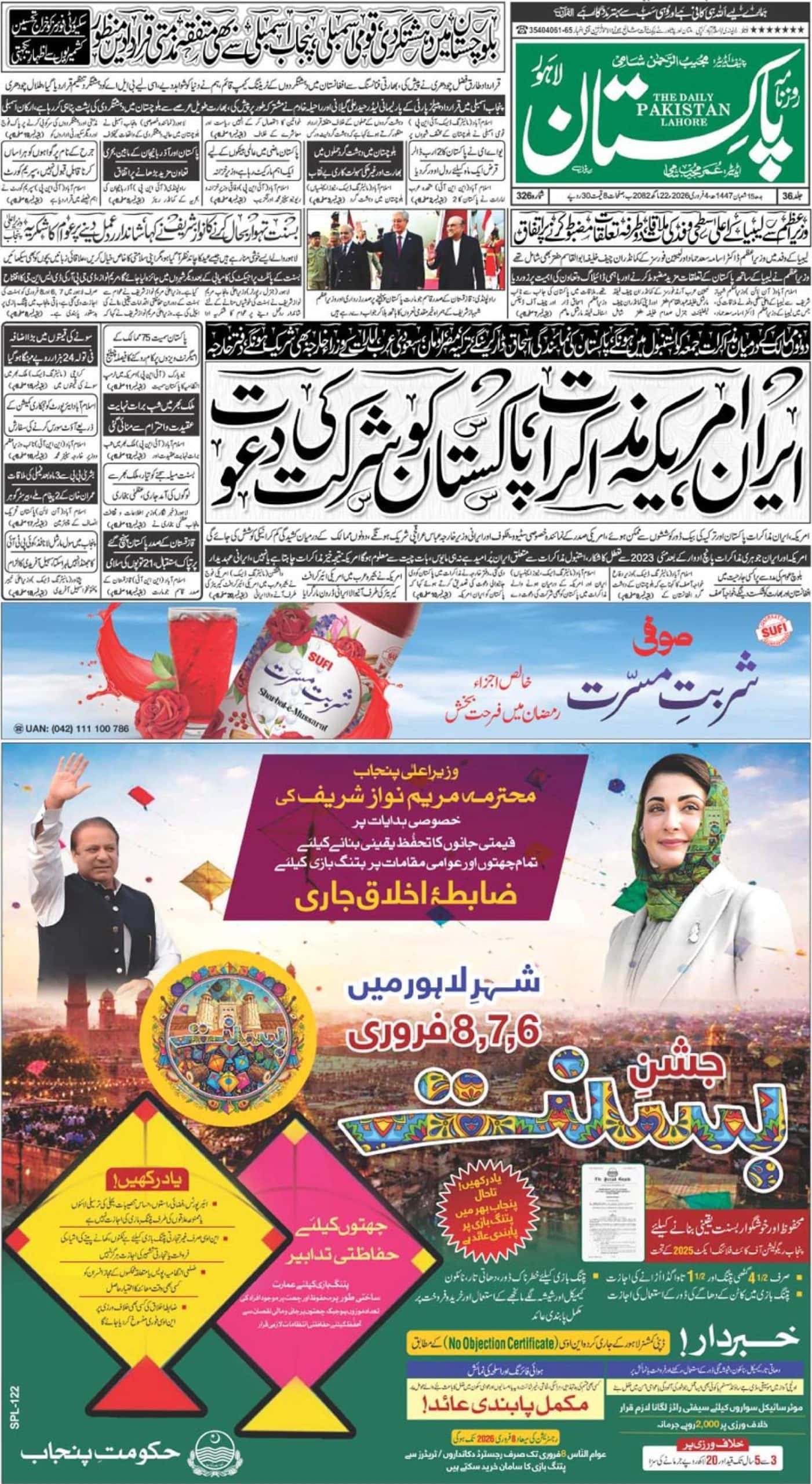SHARJAH – “Read, read, and continue to read more if you want to be a writer,” implored Emirati writer and novelist Nadia Al Najjar at a virtual cultural session held yesterday at the 39th Sharjah International Book Fair.
In her advice to aspiring writers at the session titled ‘Find Your Unique Voice’, the winner of the SIBF Award for her novel, Trio D, said: “Great writers are great readers first.”
In a discussion held on the virtual ‘Sharjah Reads’ platform with Argentinian-born Florencia del Campo – a poet, novelist and writer of children’s stories, the award-winning Emirati author also said that perseverance and a commitment to writing daily was essential to becoming a writer.
Moderated by Safia Al Shehi, the discussion centred on the writing styles of authors and how it varies with different genres of literature.
Speaking at the session, del Campo, who has delved into the complexity of filial relationships in Madre Mia, said: “If you look at the literature of Latin American novels from the 19th, 20th and 21st centuries, for instance, you can see a marked shift in the style of formats. Different times and eras have paved the way for new forms of writing. What attracts me most today is the narrative novel that uses the first-person account to relate a fictional story with personal details.”
She added: “Every form of writing – be it for children or adults, has its own challenges. I don’t think one is more creative or easier than the other.”
Being away from one’s country of origin and making one’s home in a new country is a recurring theme that emerges in her works, said Florencia, who currently lives in Spain. Describing her writing style, she said: “I start with an idea that I want to convey, and the form develops along the way. There is a certain instinctive element in writing. Based on the main idea, the text will evolve on its own.”
Al Najjar, whose My Wondrous Picnic with Uncle Salem was longlisted for the 2020 Zayed Award in the Children’s Literature category, agreed that novel writing develops organically, pointing out that she doesn’t write to cater to the interests of a specific culture or demographic group. “Children are children whether they are Emirati or from any other nationality. When I write a children’s story, I write for children everywhere.”
The Emirati author chose to take the middle path when asked about the relevance of creative writing workshops. “I believe these are helpful for young, aspiring writers, to find their unique voice and decipher the genre or path to follow. But these workshops alone will not make one a writer because writing requires passion, patience, the capacity to review and edit, and the ability to read extensively.”
She added: “For me, the most important tool to improve my writing is reading. Literature brings people together; it opens the window to new cultures and is an opportunity to discover the commonalities amongst all cultures, and go above and beyond all our differences. I aspire to see my books translated into different languages as I believe that translation acts as a bridge between civilisations.”


